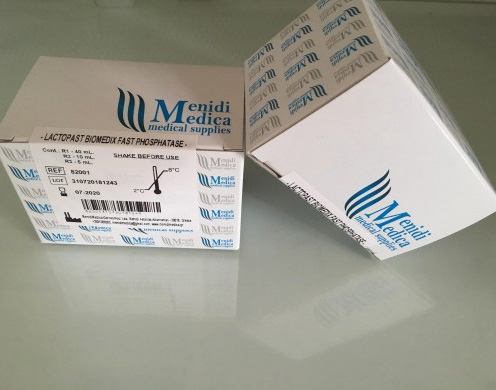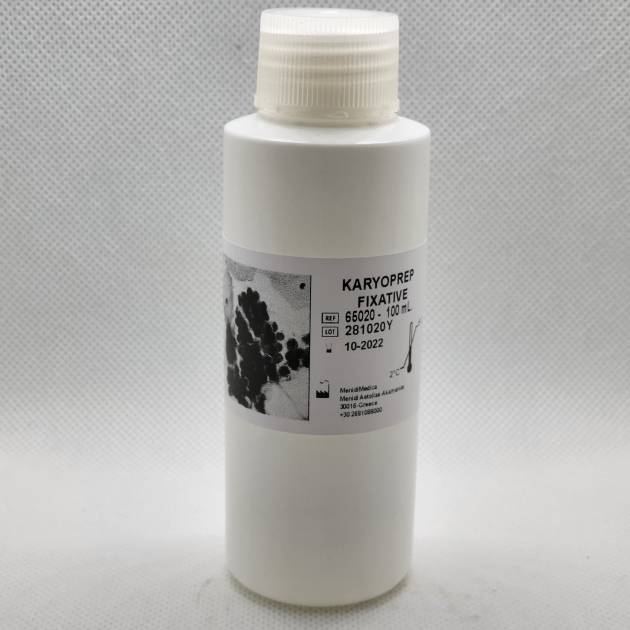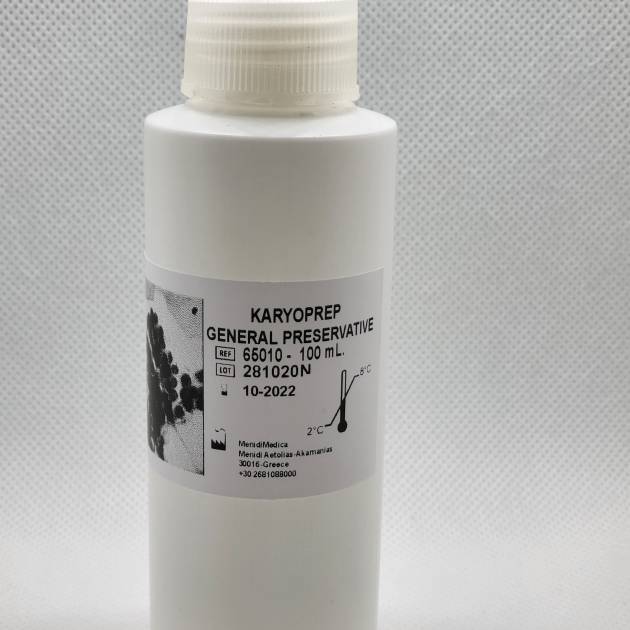Description
QUANTITATIVE DETECTION OF TOTAL PROTEINS IN MILK & CHEESE
Proteins are chains of amino acid molecules connected by peptide bonds. Milk proteins contain all 9 essential amino acids required by humans. Milk proteins are synthesized in the mammary gland, but 60% of the amino acids used to build the proteins are obtained from the cow’s diet. Total milk protein content and amino acid composition varies with cow
breed and individual animal genetics.
Following a comparative analysis of MenidiMedica’s Biotech Greece Proteins in Milk & Cheese method and the Kjeldahl reference method, it is evident that the former is the most appropriate choice. This is due to its ability to deliver rapid and precise results in contrast to the Kjeldahl method. Additionally, the Biotech Greece assay offers a straightforward protocol, eliminating the need for costly equipment or skilled analysts to gather the data.
BENEFITS
– RAPID
– Results in 60 seconds
– SENSITIVE/Adapted to specific regulation
– RELIABLE AND ROBUST
– USER FRIENDLY/Easily performed in lab
– COST EFFECTIVE
HOW TO USE
Method: Quantitative, Point-Point
Wavelength: 578 nm
Sample preparation 100 uL. raw milk + 900 uL. distilled water and mix
Blank: Distilled water
Procedure:
1. Read Blank
2. Add 300 uL. reagent R to a cuvette
3. Add 10 uL. sample matrix to the cuvette
4. Incubate 60 seconds
5. Read results
CHARACTERISTICS
Reference: 83010
Limit of Detection (LoD in%): 0.1 g/dL. of total proteins in milk and cheese
Presentation: Vial of 15 mL. reagent R
Sample Matrices: Raw milk (e.g. cow, goat, sheep, buffalo, camel)
Expiry Date: 24 months
*The kit can be stored at room temperature for 6 months or at 2°-8°C for 24 months








